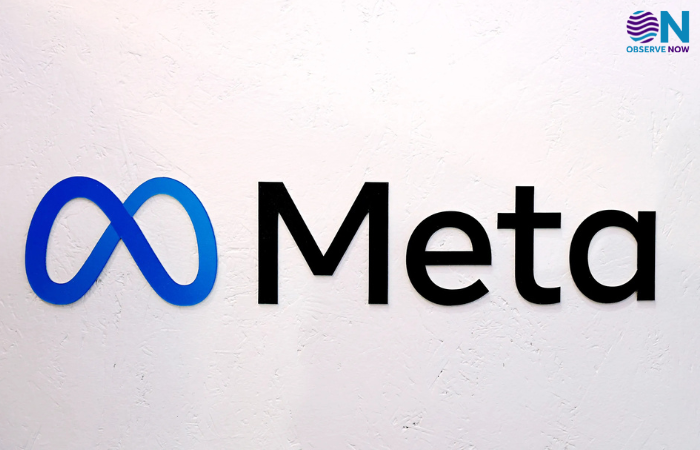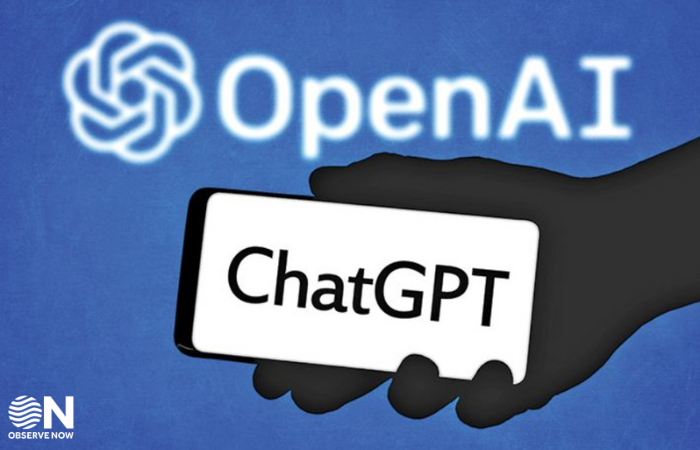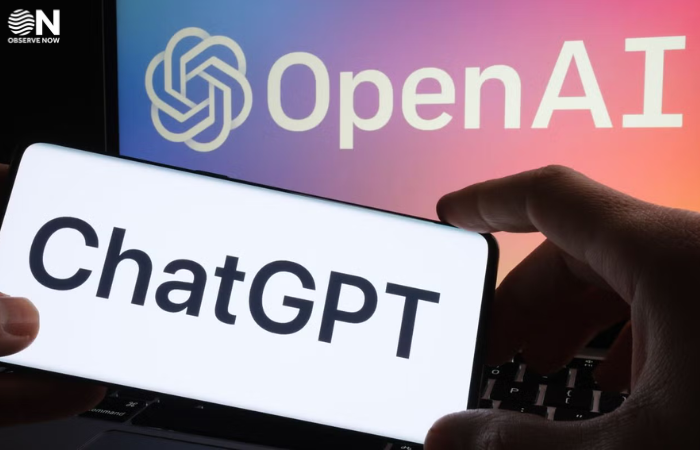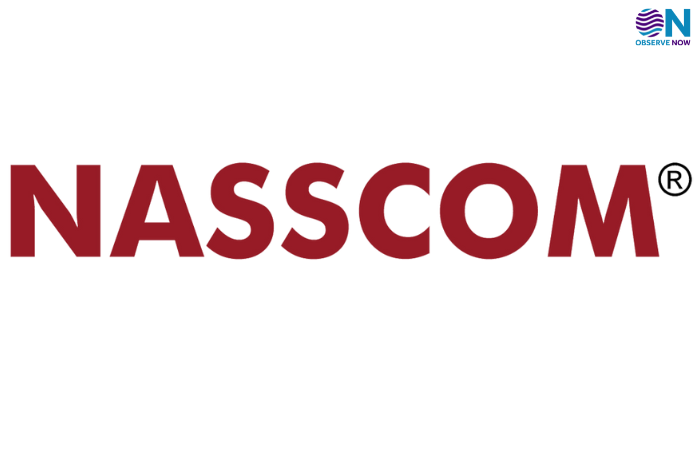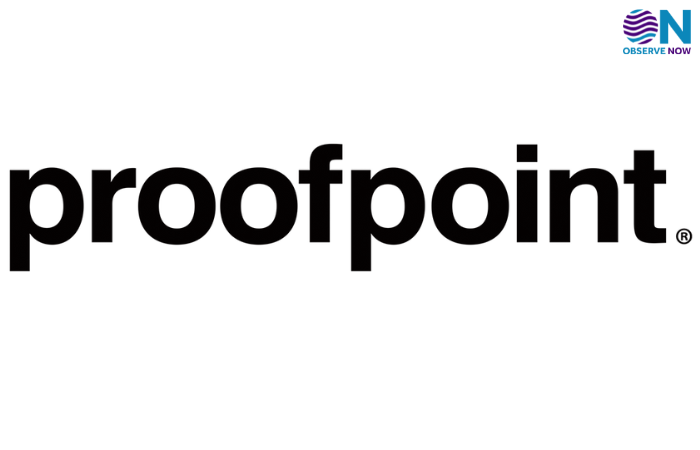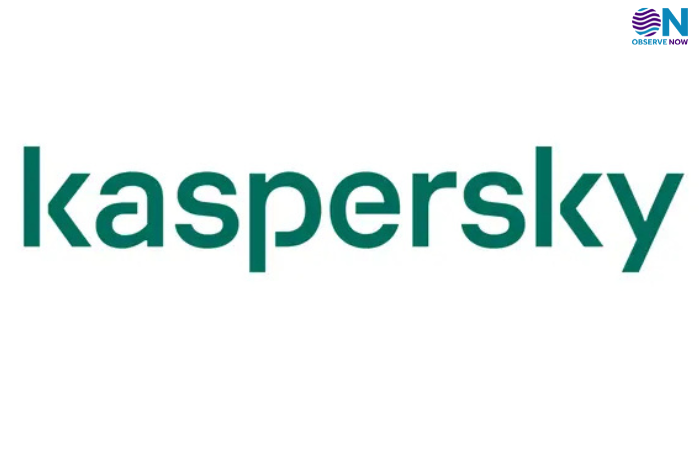Meta Launches ‘Vibes’, an AI-Powered Short Video Experience
Meta has introduced a new AI-driven feature called ‘Vibes’, marking its latest move into the world of generative content. This innovative feed delivers short videos that are either fully generated by artificial intelligence or heavily assisted by it, offering users a unique space to explore, remix, and create engaging visual stories. The feature is available on the Meta AI app and the official meta.ai website.
Unlike traditional short-form video platforms like Instagram Reels or TikTok, Vibes aims to remove the barriers of production by allowing users to generate video content with simple text prompts or inspiration-based commands. Users can also modify existing videos using AI tools, changing aspects like music, visuals, style, or even the narrative tone. The final creations can be shared on the Vibes feed or across Meta’s family of platforms, such as Facebook and Instagram.
Meta is positioning Vibes not just as a tool for entertainment but as a collaborative creative space where AI and human imagination come together. In its early rollout, the company has collaborated with several AI research groups and creative studios to power the backend of Vibes. However, Meta also plans to build and integrate its own proprietary AI models into the feature in the near future.
The feed is designed to evolve over time, learning user preferences and suggesting content that aligns with their interests. While the reception so far has been largely curious and positive, there are ongoing conversations around the implications of AI-generated media—particularly regarding originality, storytelling depth, and ethical boundaries.
With Vibes, Meta is signaling a bold step toward a future where AI plays a central role in how content is created, consumed, and shared—reshaping digital creativity for both casual users and creators alike.


